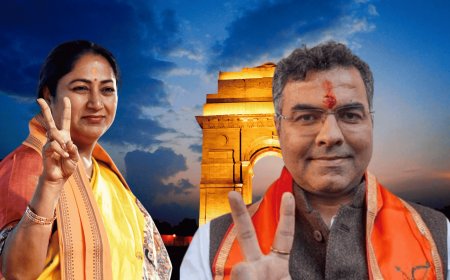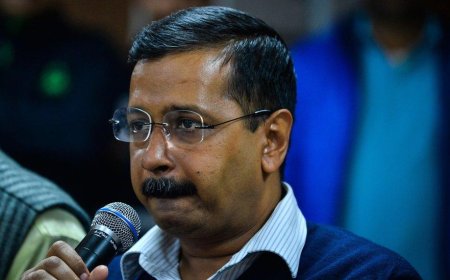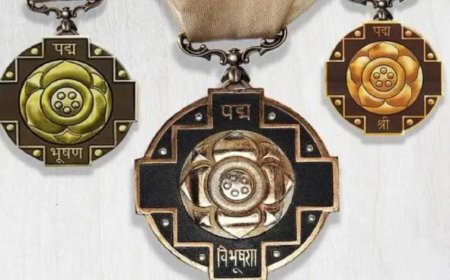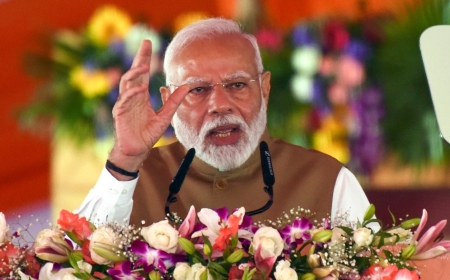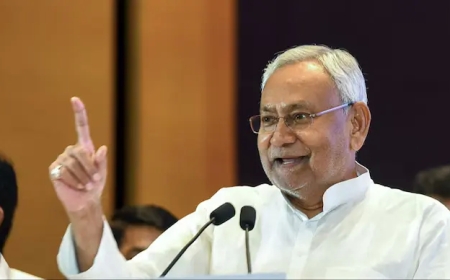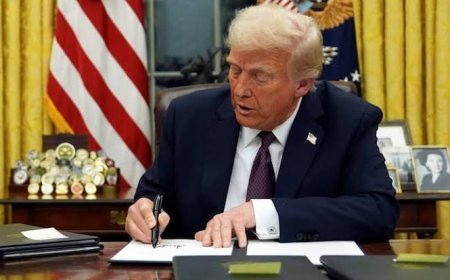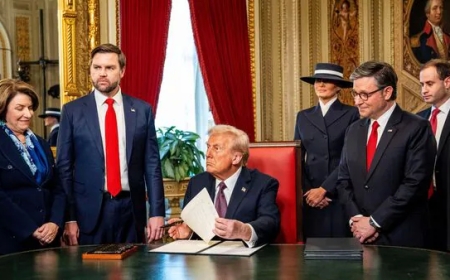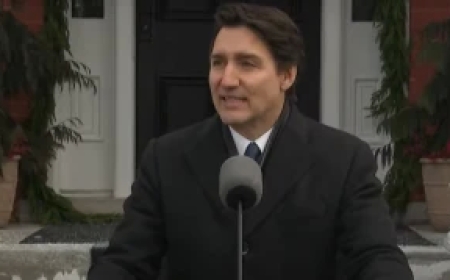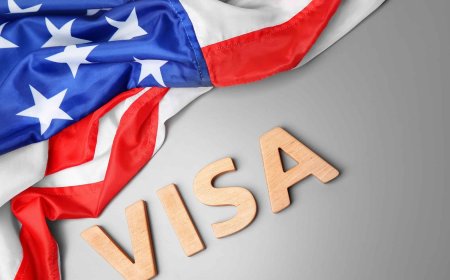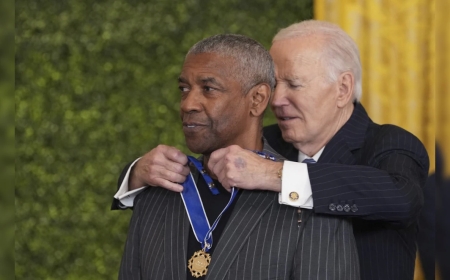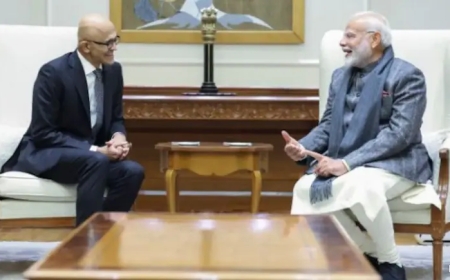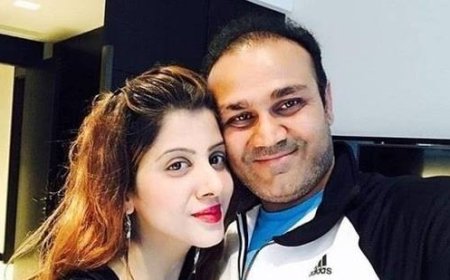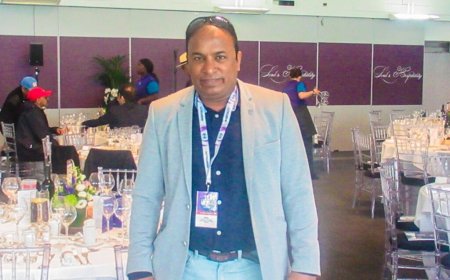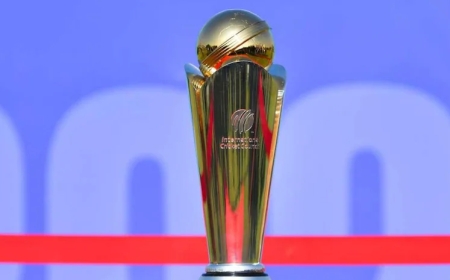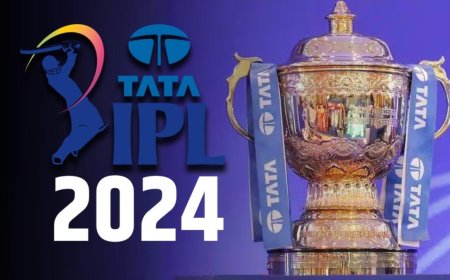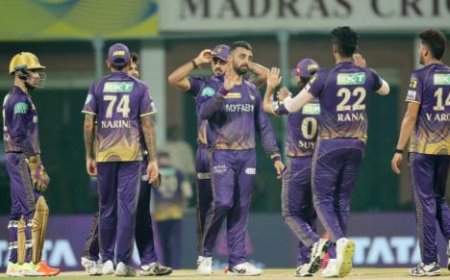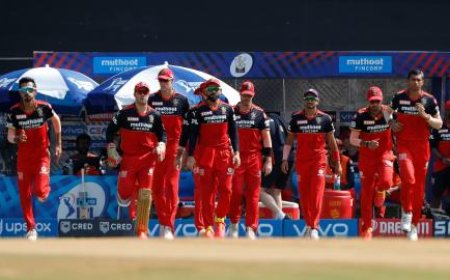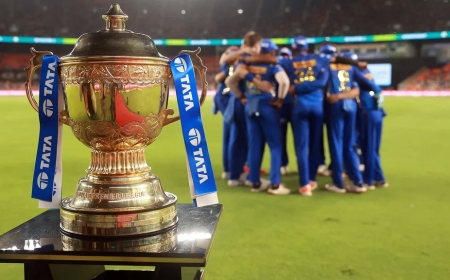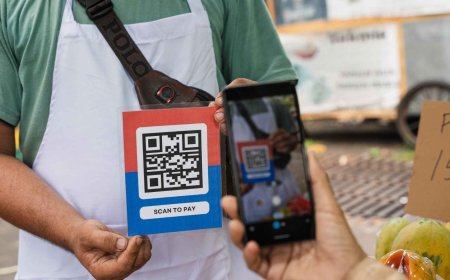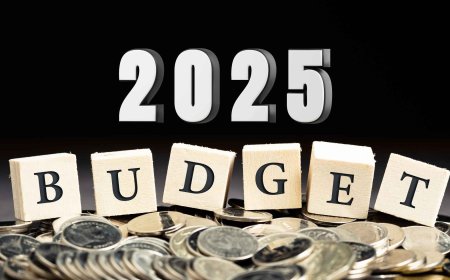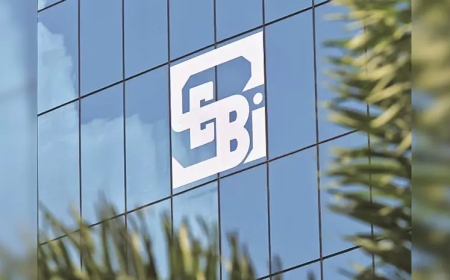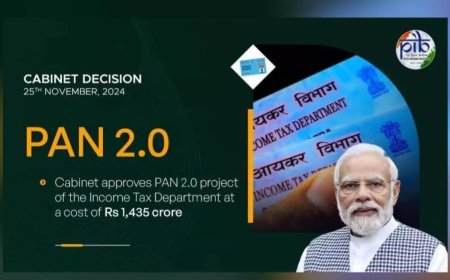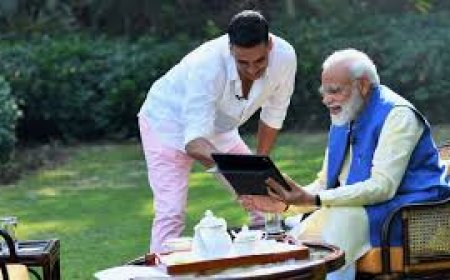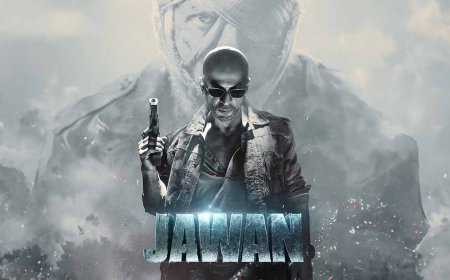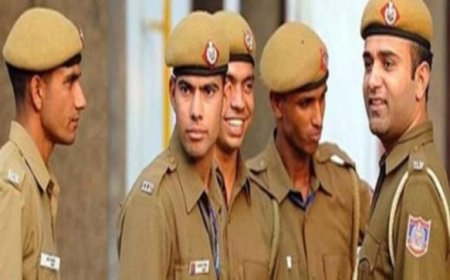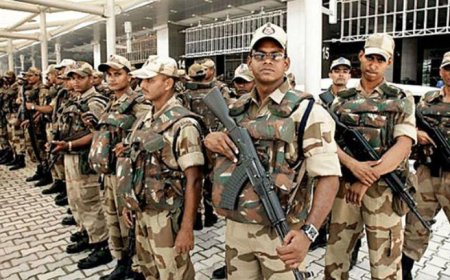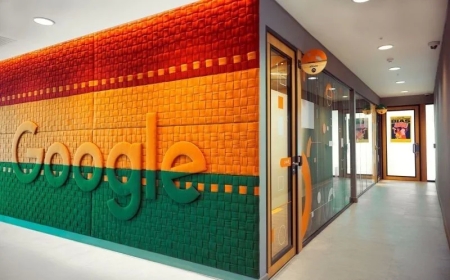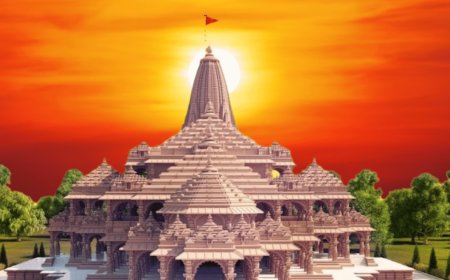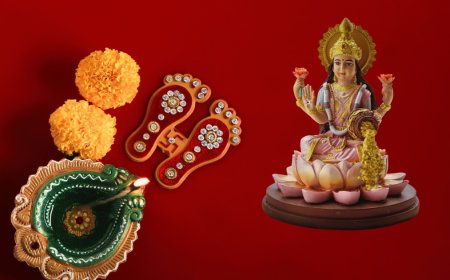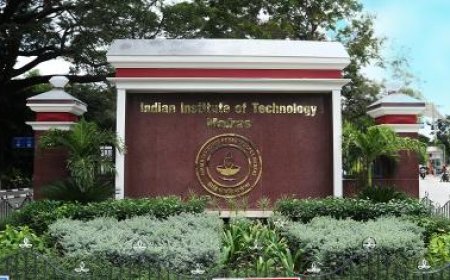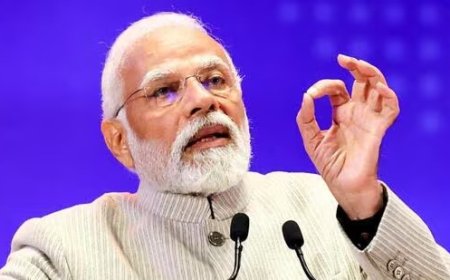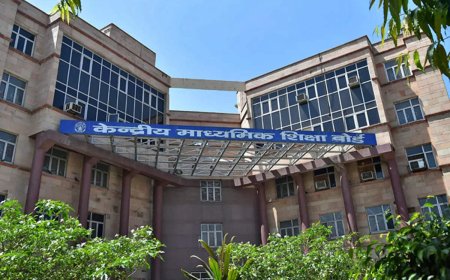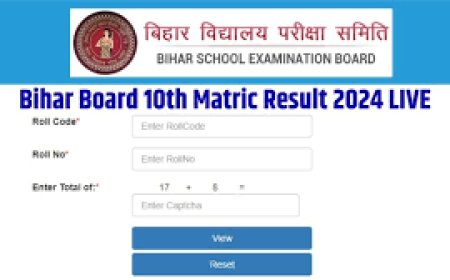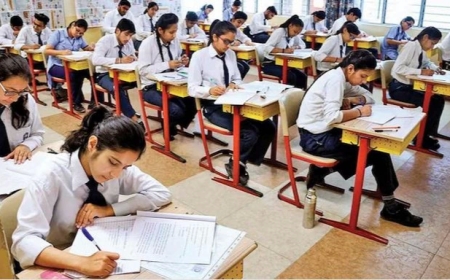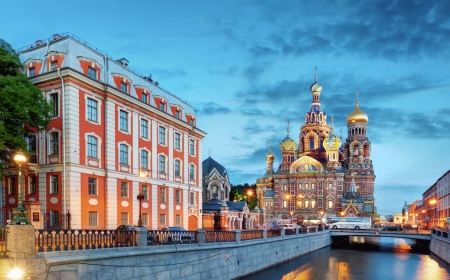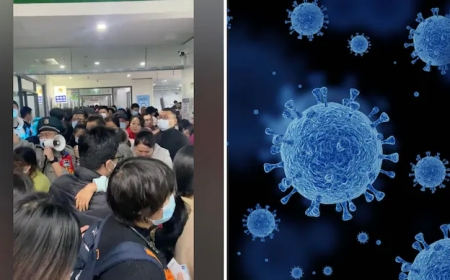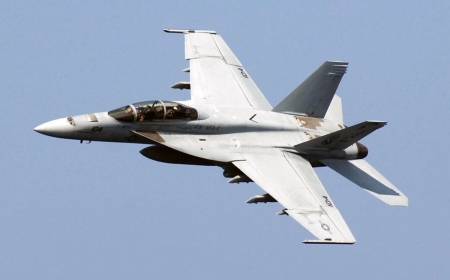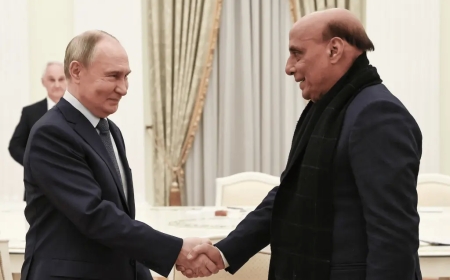Sri Lanka Election Results: President Anura Kumara Dissanayake’s NPP Wins Historic Majority
Sri Lankan President Anura Kumara Dissanayake’s National People’s Power (NPP) party wins a historic parliamentary majority in snap elections, marking a new political era. With 137 seats secured, Dissanayake's leftist coalition gains the mandate to implement key reforms amid Sri Lanka's economic recovery.
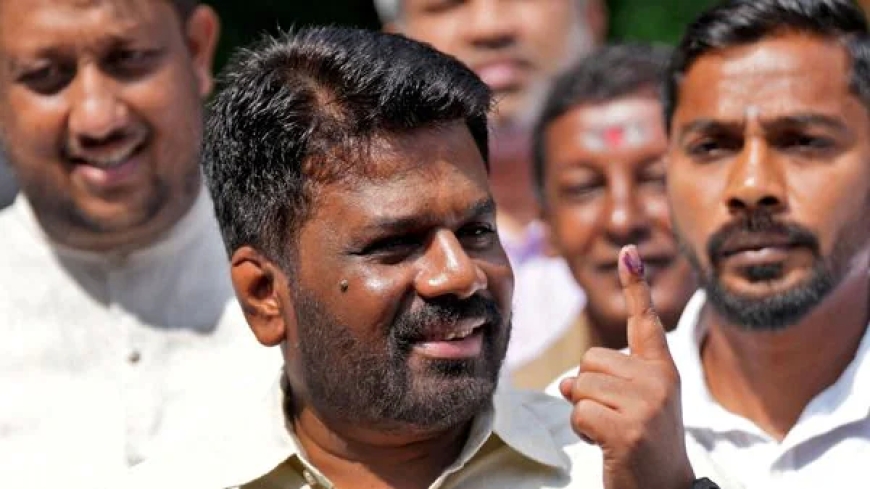
In a landmark electoral victory, Sri Lankan President Anura Kumara Dissanayake’s leftist coalition, the National People’s Power (NPP), has secured a commanding majority in the snap parliamentary elections. Official results, announced by the Election Commission on Friday, confirmed that the NPP captured 137 out of 196 directly elected seats, with projections suggesting the coalition could surpass 150 seats after proportional representation allocations, granting them a two-thirds majority in the 225-member parliament.
A Decisive Mandate for Change
The election marks a decisive shift in Sri Lanka's political landscape, with Dissanayake, a political outsider in a nation historically dominated by family dynasties, receiving overwhelming public support. The NPP garnered nearly 62% of the vote, equivalent to 7 million ballots, a significant increase from the 42% vote share Dissanayake received during his presidential win in September.
Dissanayake hailed the results as a pivotal moment in Sri Lanka’s political history. “This election is a critical turning point for Sri Lanka. The change in political culture we started in September must continue,” he stated.
The End of Dynastic Politics
Dissanayake’s win signals a break from the political dominance of traditional family parties. His Marxist-leaning coalition, previously holding only three parliamentary seats, now has the legislative support to push forward with ambitious anti-poverty and anti-corruption reforms.
The opposition was left reeling, with Sajith Premadasa’s Samagi Jana Balawegaya (SJB) securing only 28 seats with 18% of the vote, while former President Ranil Wickremesinghe’s New Democratic Front managed just three seats.
A Leader with a Vision
Born on November 24, 1968, in Thambuthegama, Anuradhapura, Dissanayake comes from a humble background. A graduate in physical sciences from the University of Kelaniya, he has built a reputation as a dedicated public servant focused on addressing Sri Lanka’s pressing economic challenges.
After assuming the presidency in September, Dissanayake dissolved the parliament to seek a stronger mandate, enabling him to implement his vision for Sri Lanka’s recovery from its ongoing economic crisis.
Challenges Ahead
The NPP’s victory comes at a crucial time as Sri Lanka grapples with the aftermath of its worst economic crisis in decades. The nation defaulted on its debt in 2022, with the economy shrinking by 7.3% that year and an additional 2.3% in 2023. Although an International Monetary Fund (IMF) bailout of $2.9 billion has provided some stability, citizens continue to face high living costs.
Dissanayake has proposed adjustments to the IMF program, including lowering income tax rates and increasing funding for social welfare. However, these plans have raised concerns among investors, who fear that altering IMF targets could slow disbursements and hinder Sri Lanka’s ability to meet its fiscal goals, including achieving a primary surplus of 2.3% of GDP by 2025.
A Path to Reform
With his newfound majority, Dissanayake aims to address economic inequities, reduce poverty, and bolster local industries. He has also committed to abolishing the executive presidency, a move requiring two-thirds parliamentary approval.
The Electoral System
Sri Lanka’s parliamentary elections use a hybrid system where 196 seats are directly contested across 22 constituencies, while 29 seats are allocated based on the national vote share of each party. This year’s elections saw a record 690 political parties and independent groups participate, with over 17 million eligible voters casting their ballots.
Subdued Celebrations, Lofty Expectations
While celebrations among NPP supporters were largely subdued, fireworks lit up the outskirts of Colombo as the magnitude of the victory sank in. The election results provide Dissanayake with a clear mandate to deliver on his promises and usher in an era of transformative governance in Sri Lanka.
The challenges ahead are immense, but with a strong parliamentary majority and public backing, Dissanayake has an opportunity to reshape Sri Lanka’s future.
What's Your Reaction?
 Like
0
Like
0
 Dislike
0
Dislike
0
 Love
0
Love
0
 Funny
0
Funny
0
 Angry
0
Angry
0
 Sad
0
Sad
0
 Wow
0
Wow
0
